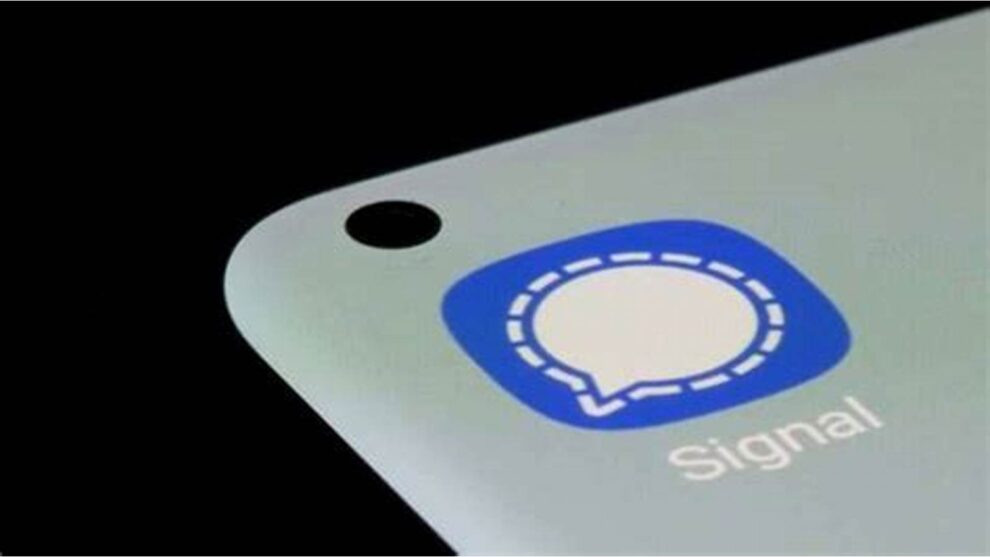Editor-in-chief of The Atlantic, Jeffrey Goldberg, accidentally added to Waltz, Hegseth, Vance, and other Cabinet members’ Signal group chat discussing Trump’s Houthi airstrikes.
On the morning of March 15, National Security Advisor Michael Waltz reportedly added Jeffrey Goldberg, The Atlantic’s editor-in-chief, to a Signal group chat in which high-level national security administrators, most notably Defense Secretary Pete Hegseth, discussed logistics concerning imminent U.S. airstrikes on Houthi-rebels in Yemen.
Goldberg subsequently published an article with The Atlantic titled, “The Trump administration Accidentally Texted Me its War Plans.” The Atlantic then released a follow-up article that included the exact messages from the group chat, although information judged by the magazine to be sensitive was redacted.
Goldberg wrote that he received an invitation to the group chat from Michael Waltz, and Waltz has since taken full responsibility for the incident, saying that Golberg’s number was somehow in his phone under a different name, and that the invitation was an accident. Waltz has claimed that he has no personal acquaintance with Goldberg.
Pete Hegseth, who was responsible for sharing details of timing, targets, weapons, and sequence of strikes in the chat, has maintained that he shared no classified ‘war plans,’ as stated in Goldberg’s article, and that Goldberg is a “discredited so-called journalist.”
Whether the information communicated was classified, and therefore inappropriate for a Signal group chat, has not yet been clearly determined. White House Press Secretary Karoline Leavitt wrote in a post on X that, despite accusations resulting from Goldbergs’ article, “no ‘war plans’ were discussed” and “no classified material was sent to the thread.” She also emphasized the success of Houthi strikes.
Among those in the 18-member group chat, titled “Houthi PC Small Group,” were Defense Secretary Pete Hegseth, Vice President JD Vance, National Security Advisor Michael Waltz, and Director of National Intelligence Tulsi Gabbard, as well as Secretary of State Marco Rubio and CIA Director John Ratcliffe.
The Houthis are a military group backed by Iran and involved with Hamas in the war with Israel. President Trump recently authorized a wave of airstrikes in response to what he called the Houthis’ “unrelenting campaign of piracy, violence and terrorism” against shipping in the Red Sea. The Signal group chat leaked information concerning one of these very airstrikes just prior to the attack, and the airstrikes went off without a hitch.
The National Security Council is currently investigating how and why Goldberg, a journalist and private citizen, was added to this high-level chat, while criticism and questions abound as to why the Trump administration was using a direct messaging app to discuss ‘war plans.’
Moreover, during a government hearing concerning the leak, Senate Democrats expressed confusion as to how no one noticed Goldberg’s presence in the group chat.
Signal is a direct messaging app with end-to-end encryption, and though it is more secure than texting, it can be hacked and is not currently an authorized platform for sensitive government communication. Though there is a precedent for Signal usage among administrative staff since the Biden administration, a 2023 Defense Department memo prohibited staff from discussing even “controlled unclassified information” over mobile applications.
Moreover, an anonymous U.S. official has revealed that one day before the Signal leak the Defense Department sent out a memo informing personnel of Signal’s vulnerability to Russian hackers, adding to the perception of carelessness in the Trump administration, particularly among Democrat critics.





